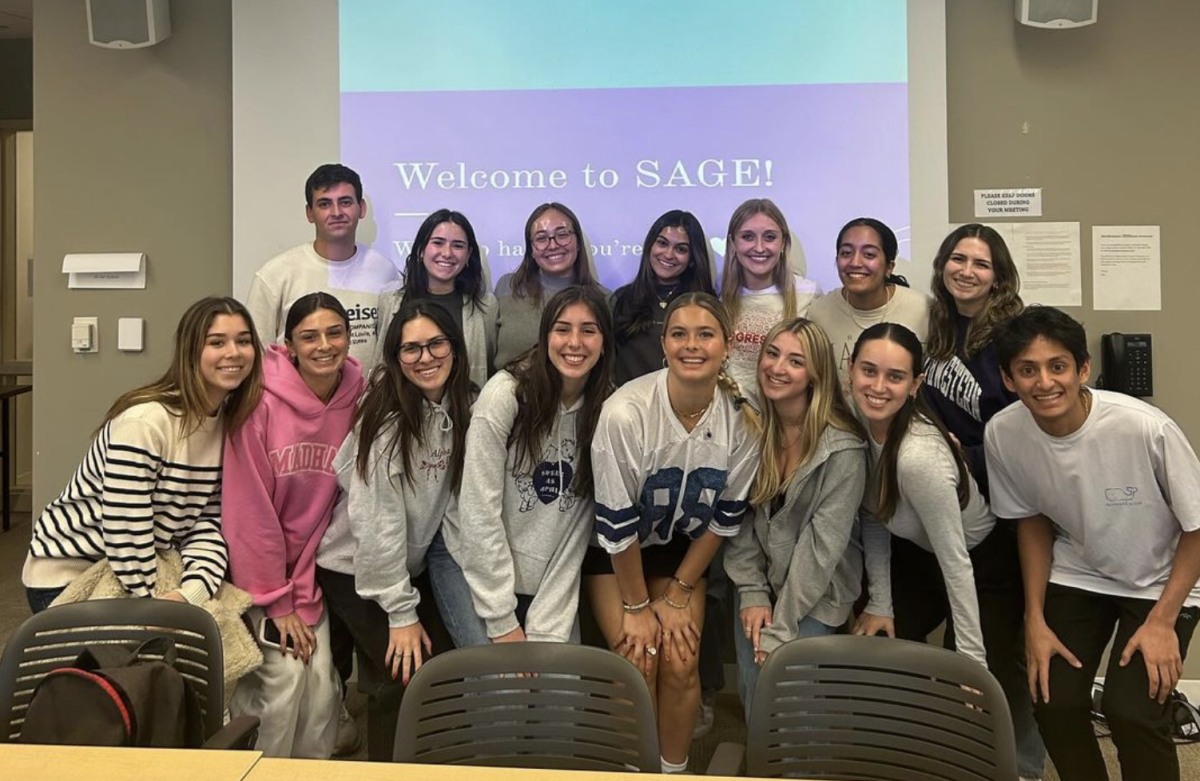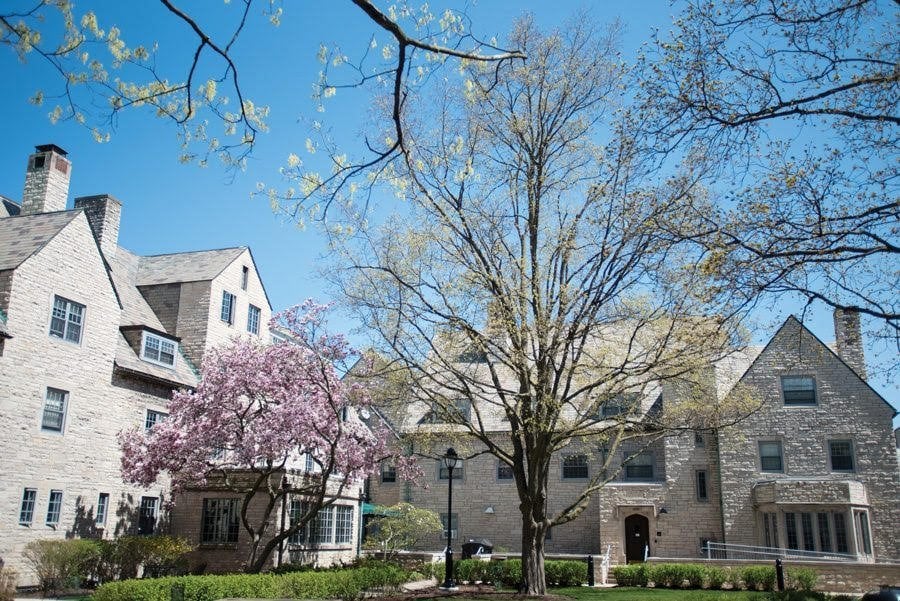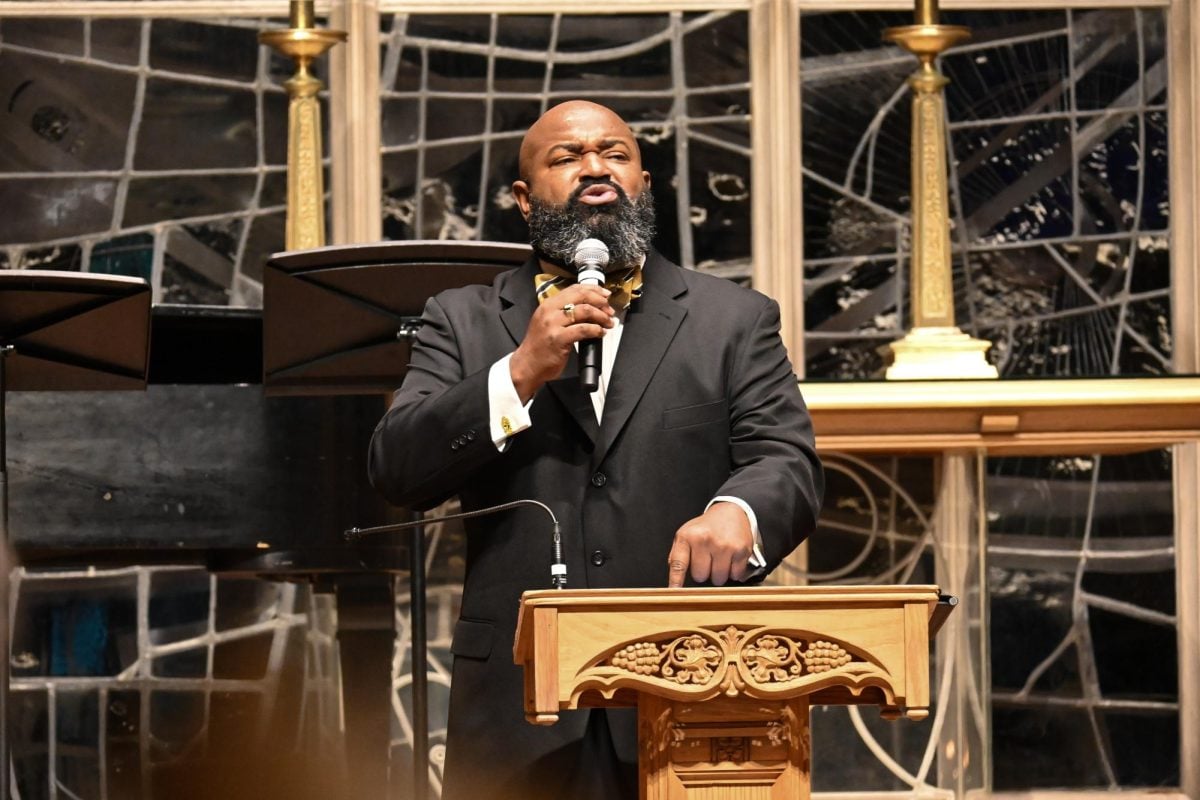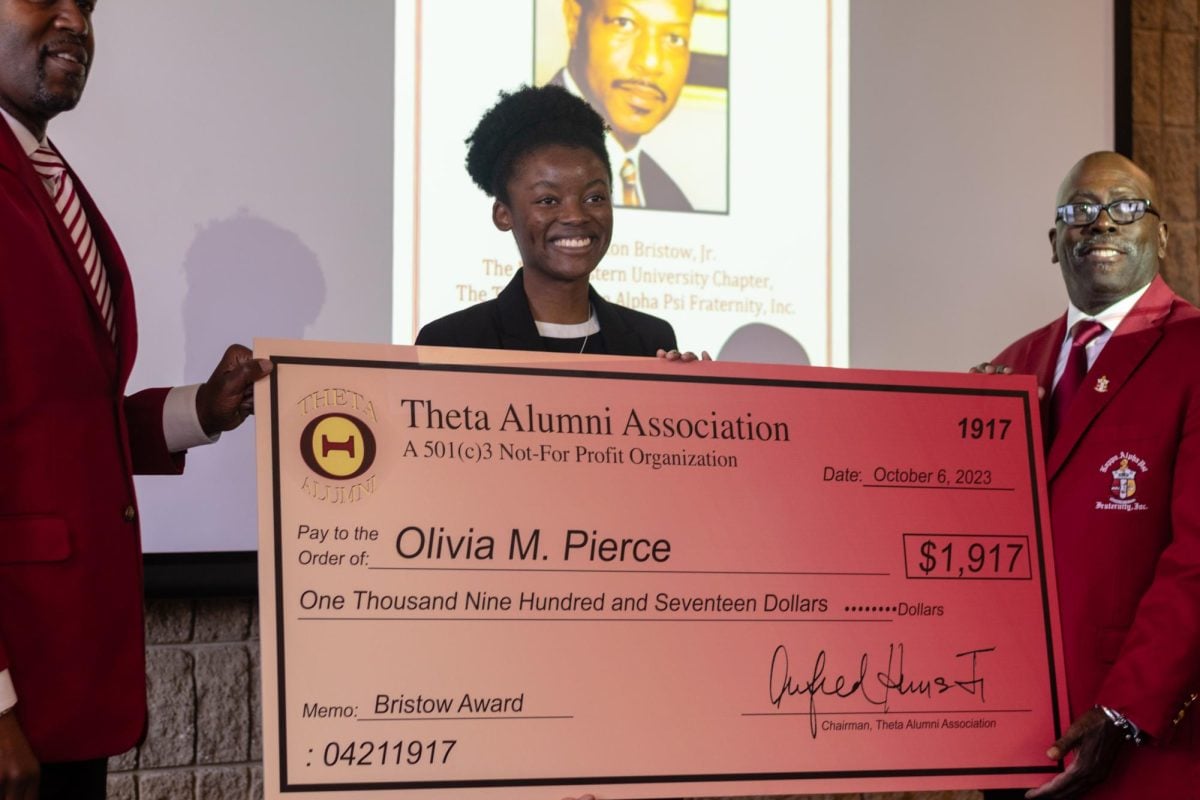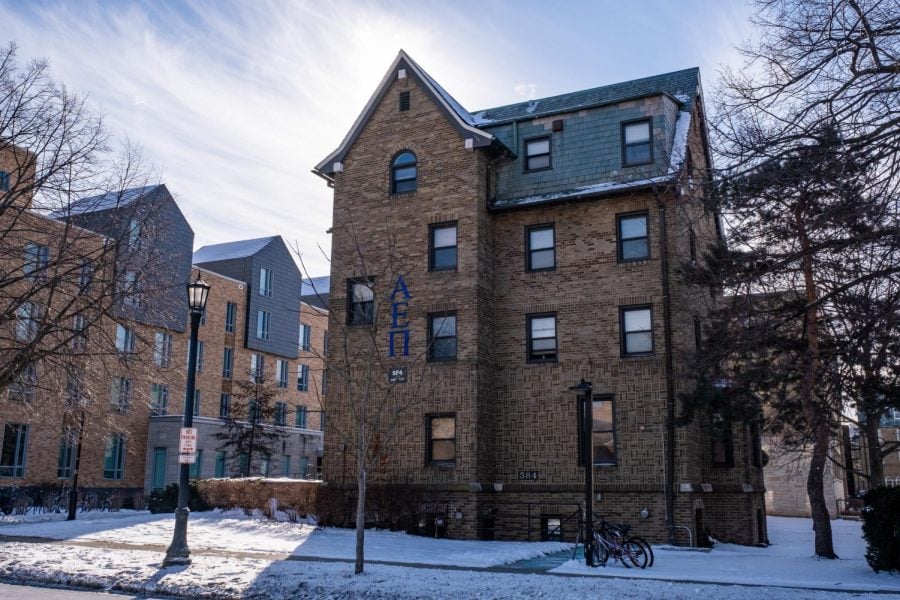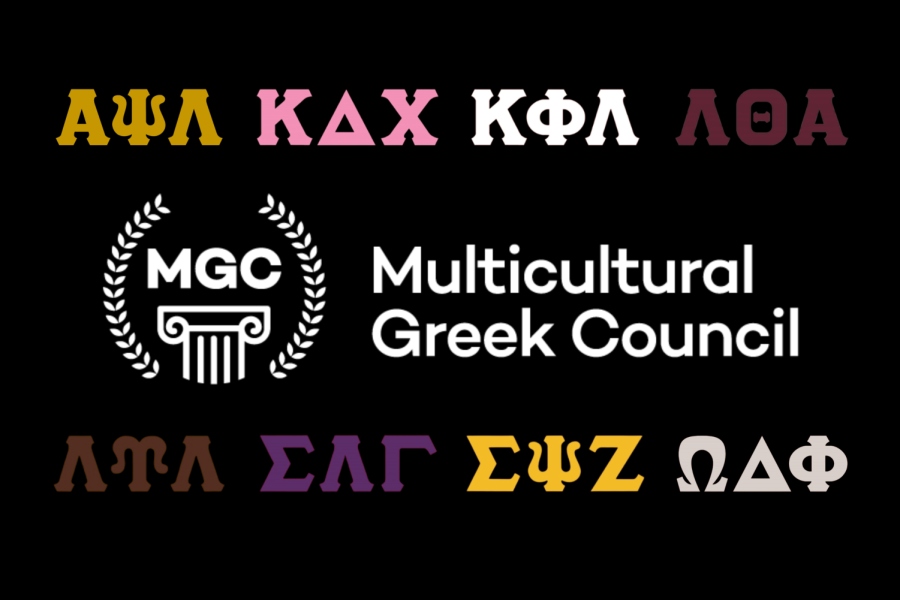Pro-Palestinian groups from Northwestern and Chicago staged a walk-out Thursday in protest of journalist Gil Hoffman, who the protestors allege promotes Islamophobic ideals.
Hoffman is a Medill alum and chief political correspondent and analyst for the Jerusalem Post.
Students for Justice in Palestine, Chicagoans Against Apartheid in Palestine and other students and community members walked out of the McCormick Tribune Center forum about five minutes into Hoffman’s speech, which NU’s Hillel and the Committee for Accuracy in Middle Eastern Reporting in America organized. Of the more than 80 people in attendance at the lecture titled “63 Reasons to Like Israel,” about 20 were protesters.
“Our purpose is to stand in support of Palestine and victims of apartheid and discrimination,” said Communication junior Rayyan Najeeb, a non-member who walked out with SJP.
NU Hillel director Michael Simon said he wished the protestors had engaged in dialogue rather than leaving.
“Walking out is a statement in itself but they didn’t actually make a statement,” Simon said. “I was hoping it would be a starting point for conversation but that can’t happen when the other potential partner doesn’t stay to listen.”
Weinberg junior and SJP spokesperson Ala Salameh said Hoffman has been accused of bias and factual inaccuracies in his reporting.
“Everywhere that he goes there is going to be opposition,” Salameh said. “It’s interesting to see how much opposition there is to what he represents and what his work is. We’re a part of a national solidarity.”
The protests are a part of a national movement of students rising up against Hoffman. Most recently, students at Wayne State University staged a protest where they placed red tape on their mouths before they got up and left the room.
Evanston residents and Chicagoans Against Apartheid in Palestine members also gathered to protest Hoffman’s arrival at NU on the corner of Chicago Ave. and Sheridan Rd. prior to the lecture.
Of the protestors he has encountered at different universities, Hoffman said he preferred when students engaged in the lecture rather than walking out.
“It’s been happening at college campuses, and there are students who are mature enough to remain until the end,” he said. “That is how you make peace in the Middle East; two sides coming together listening to one another. That didn’t happen at Northwestern tonight.”
Hoffman said he would have liked to actually hear from the students who opposed his views.
“I felt bad for them,” he said. “They deserve to be a part of a dialogue where they get their voices heard. They silenced themselves. I can handle any questions and like I said, I was ready to answer questions all night long.”
Members of Hillel and Tannenbaum Chabad House said they were disappointed in the protestors who walked out.
“No one shuts off the radio or Al Jazeera when he is speaking there,” said Rabbi Dov Hillel Klein, district director of NU Chabad. “They probably should have stayed and asked the questions they probably had.”
However, Najeeb said Hoffman offered insufficient means for communication. Before the lecture, Hoffman handed out note cards on which attendees could write questions. Najeeb said given the inappropriate ways Hoffman has labeled Palestinians, asking questions would have been futile. People unfamiliar with the Israeli-Palestinian conflict, he said, often don’t pick up on the offensive terms he said Hoffman has used in the past.
“He calls us ‘Islamic jihads,’ now generalizing a billion people,” Najeeb said.
Some of the SJP students agreed with this assessment. A few members, including Salameh, decided to stay throughout the event when the rest of their peers walked out.
“I agreed with what he said: discourse is important and if it’s not initiated, you’re not going to get anywhere,” said Communication sophomore Colette Ghunim, who originally came to the lecture with the protesting students. “I understand the symbolic meaning but there are different parts of communication like discussion that make you aware of why you walk out in the first place.”
Other students in attendance said though the walk out was respectful compared to what occurred at other schools such as Wayne State, they would have appreciated if the protesting students had stayed and shared their opinions.
“I’d heard that they planned to protest and they did it in a very respectful and civilized way and I thank them for that,” said Philip Egger, a PhD graduate student. “Personally I think it would have been better if they had stayed but with some of the extreme discussions, I can kind of understand why they left.”
Najeeb said he believes it is in the disinterest of students to bring such controversial speakers to NU and he hopes this will be different in the future.
“It is disrespectful to the Northwestern community and it belittles our students to try to create discourse in a frame that is not just,” he said. “Some speakers just don’t spark discourse. Hopefully this will promote bringing someone we’d all agree upon.”
Similarly, Simon said he hopes the relationship between the opposing groups will improve after seeing what occurred at the event.
“My hope is that we find this a starting point for hearing each other, for arguing in a thoughtful way. In a way with kinds of conversations that reflect the Northwestern ethos,” he said.

